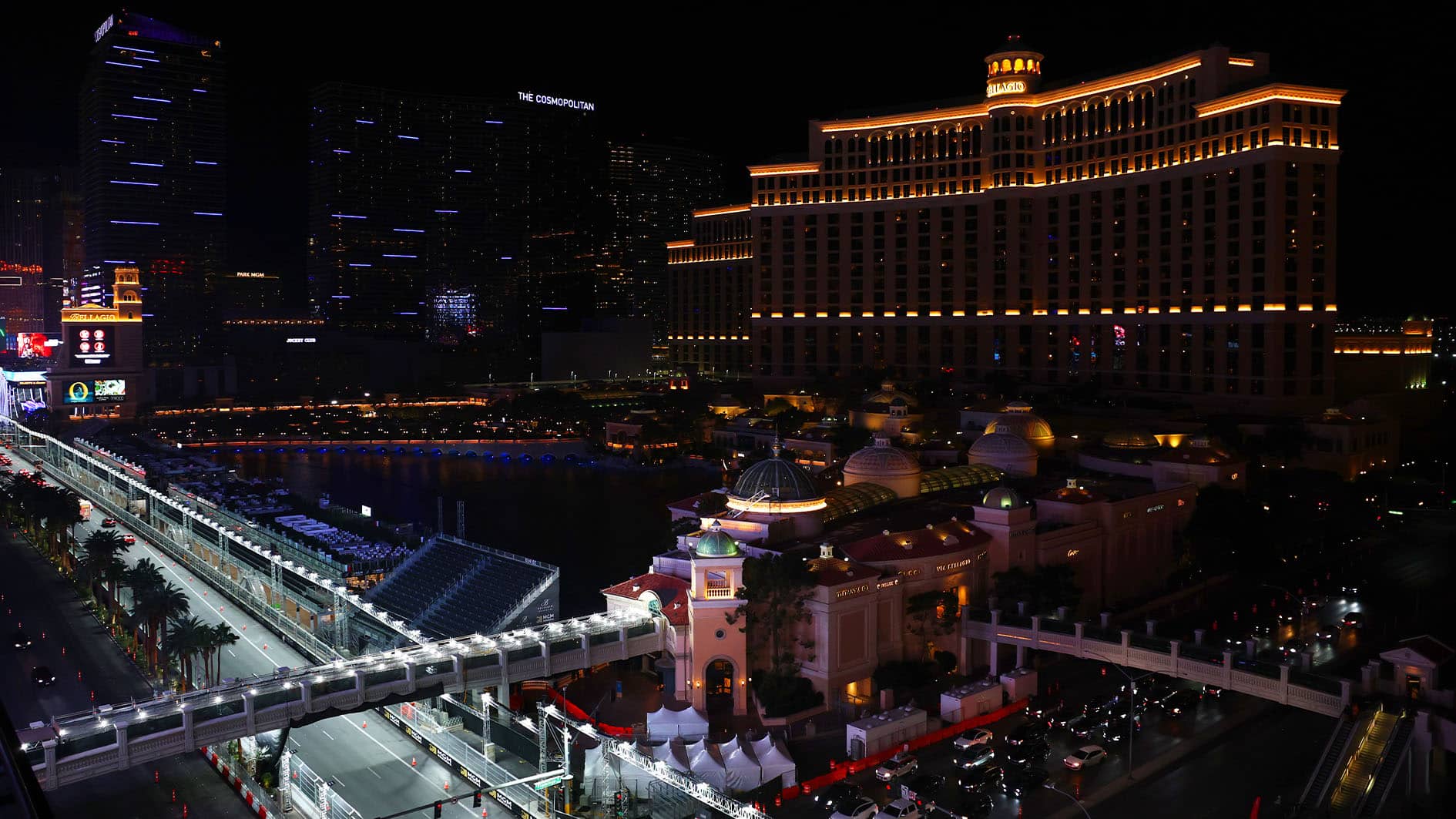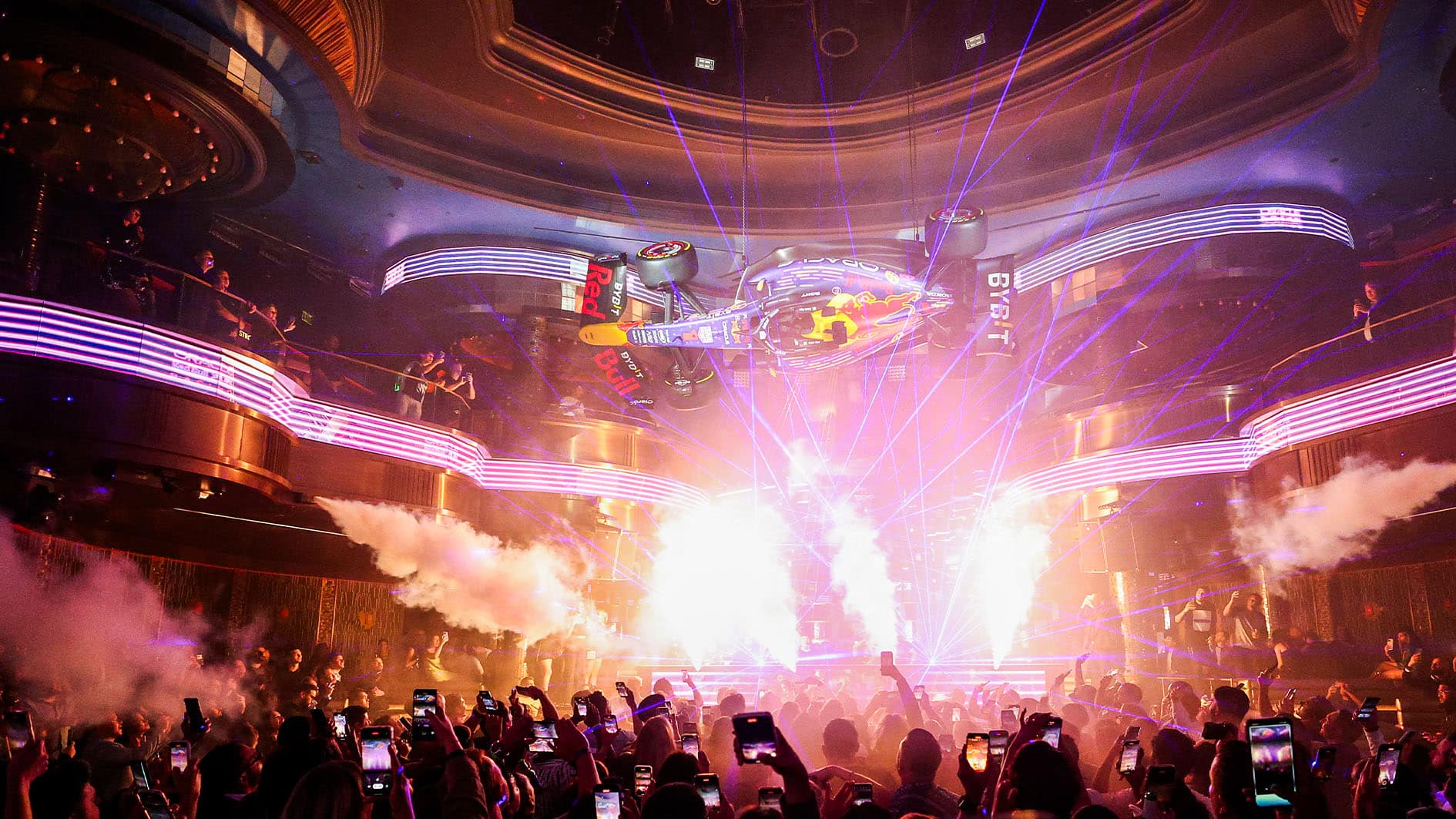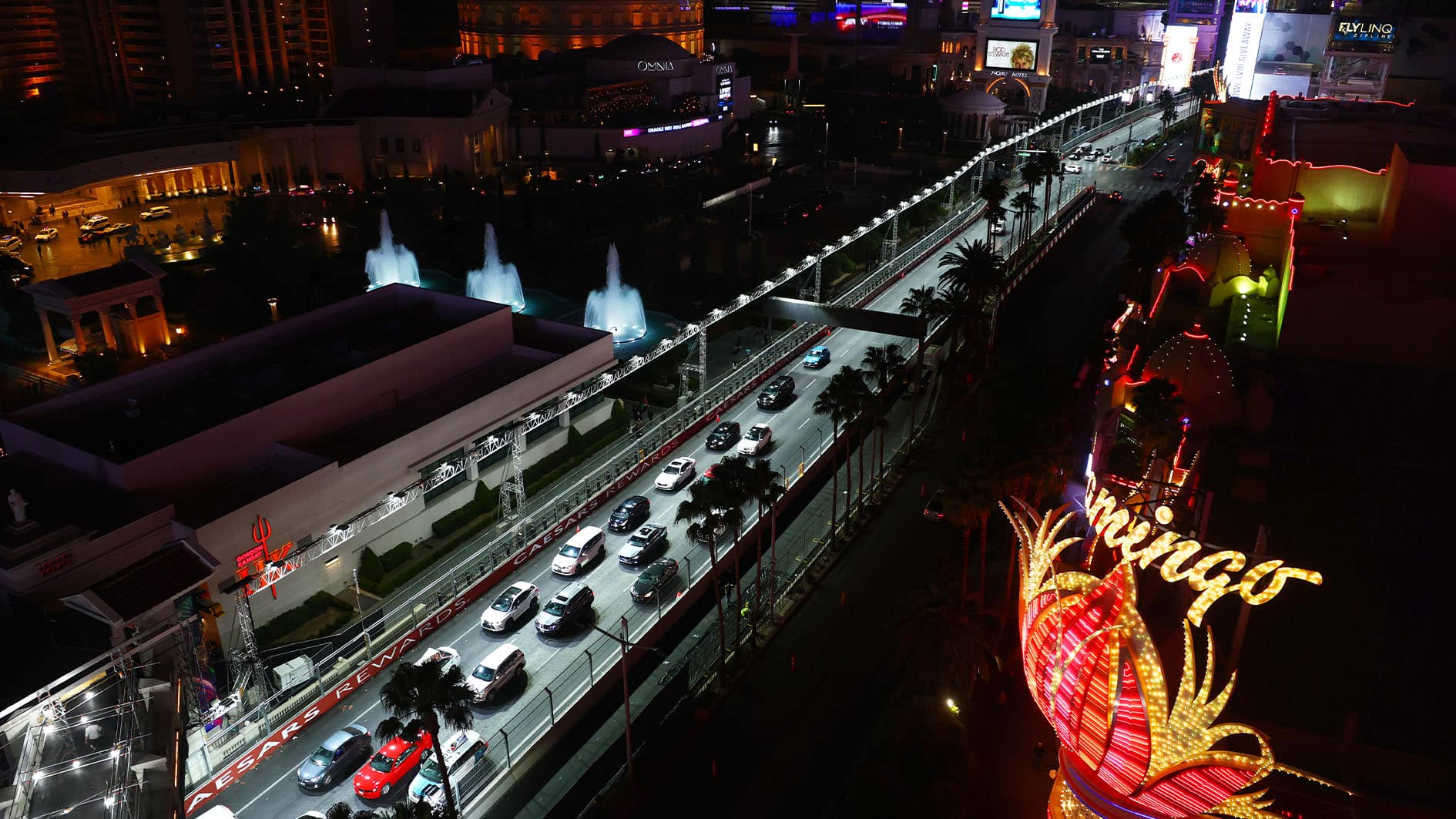“An example is our race time. It was carefully negotiated to be 10pm so that we could allow our legacy fans in Europe to wake up and watch the race – have a cup of coffee, as we do here in America for overseas races – while also having a time that was early enough or late enough in America that we could really get as many fans both present in person as well as viewing as we could.”
Does that mean it will work for everyone? Not at all. In fact, it’s Vegas’s likely failings that could prove to be some of the most important aspects.
The impact of Liberty being a race promoter should not be overlooked. The aim is for the event to be bigger and better than anything seen before – the word “epic” was used by Wilm as well as stating: “We are looking to set a new standard of fan experience in a race weekend” – but that is easier said than done.
Existing promoters will be looking on with serious interest. Partly with jealousy in their eyes of what is possible when F1 itself is directly invested, but partly with a knowledge that their respective hands could be strengthened.

Race organisers have admitted the significant difficulties in putting on an event like Vegas
Getty Images
Liberty is certainly not a stranger to major events, but it is learning first-hand of the challenges that face race promoters. Remember I said how outrageous and unrealistic it would have seemed in the past? Well the roadblocks don’t just disappear with money, even if it helps them to be overcome.
“I don’t think I have a single [obstacle] that I can say to you was handled correctly or that we’re proud of,” Emily Prazer, the race’s chief commercial officer, told BlackBook Motorsport. “We’ve been trying to survive and get the race ready on time. It’s been really hard.”
Who’d have thought it? Especially when you take into account the speed with which the Las Vegas race has been prepared. Wilm admitted 2024 could have been the target for an inaugural event on the Strip but “we really did not want to miss this wave of excitement that was building”.



